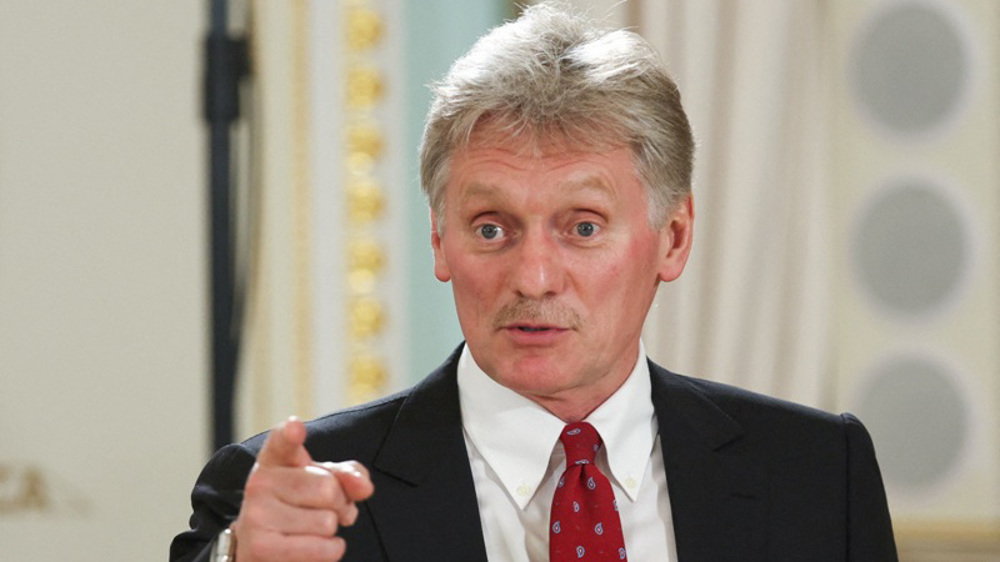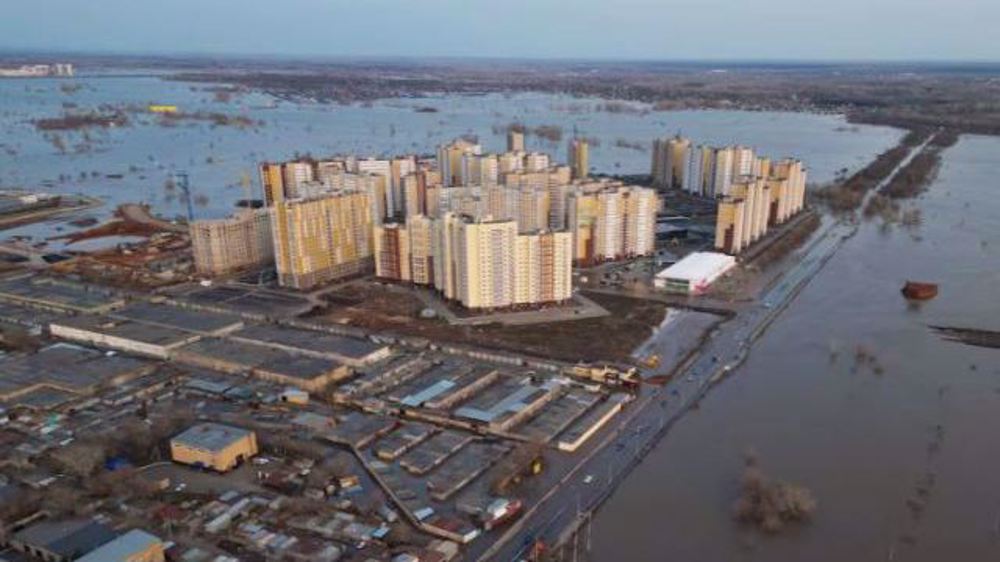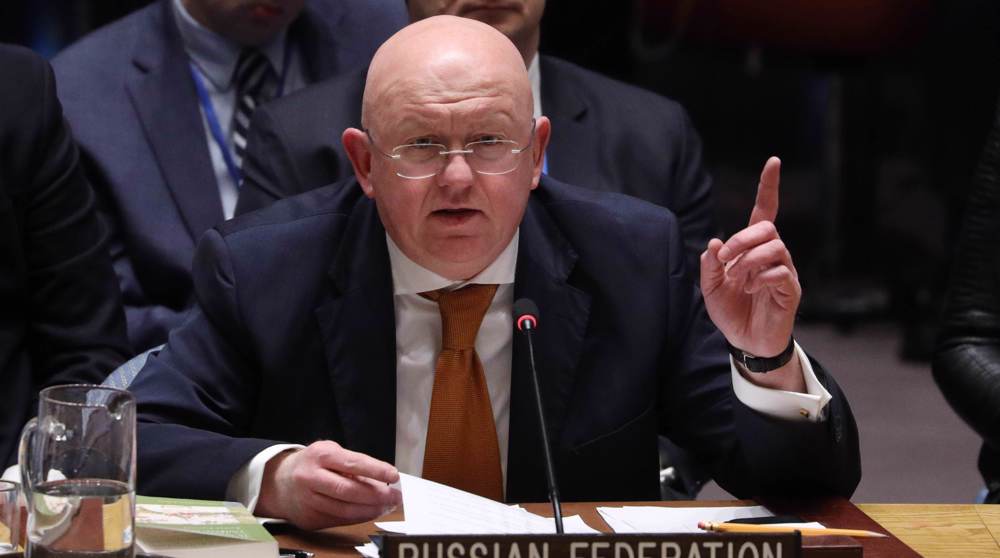Relations with Russia 'not frozen' despite anti-Moscow sanctions: EU's Mogherini
The European Union (EU)’s top diplomat says EU-Russia cooperation is "not frozen," expressing the readiness of the bloc to establish bilateral relations on the "pragmatic assessment of respective interests."
High Representative of the EU for Foreign Affairs and Security Policy Federica Mogherini made the remarks at a joint press conference with Russian Foreign Minister Sergei Lavrov during her first official visit to Moscow in her current role on Monday, adding that progress has been hampered by profound disagreements on a number of subjects, including Ukraine.
"It is true that it (relations with Russia) is not anymore what it used to be, or what we would have liked it to be. For years the European Union and Russia were working on the perspective of a strategic partnership. We would like to go back to a situation of that kind and as I said, we are ready to explore all possible fields of cooperation," she added.
Mogherini, however, said that the union could not pretend that Russia did not "annex" Ukraine's Crimea three years ago, adding that that EU's anti-Russia sanctions would stay in place.
Crimea declared independence from Ukraine on March 17, 2014 and formally applied to become part of Russia following a referendum, in which 96.8 percent of participants voted in favor of the move. The EU, however, considers the rejoining as an illegal annexation and imposed a raft of economic sanctions on Russia a few days after the plebiscite. Moscow denounces the sanctions and defends Crimea’s rejoining Russia as a legitimate move.
The EU also has imposed an array of other sanctions on Moscow for its alleged role in Ukraine crisis and in March 13 extended the sanctions for another six months. Kremlin, however, has on many occasions categorically denied the allegations.
Read more:

Lavrov, for his part, questioned the rationale behind the EU sanctions, suggesting that Kiev deserves such punitive measures more than Moscow.
The meeting comes a day after an American paramedic with the European security watchdog OSCE, which monitors conflict zones, was killed in a landmine explosion in eastern Ukraine. Kiev and Russia have been trading blame ever since.
Read more:
Lavrov also called for a “thorough, quick and transparent” investigation into the Sunday incident so that "whoever is guilty of this incident, this person or these people, is brought to justice."
Ukraine’s armed conflict broke out when Kiev launched military operations to crack down on pro-Russia forces in the eastern sector of the country. The conflict has so far claimed the lives of more than 10,000 lives since it erupted in 2014.
In September 2014, the government in Kiev and the pro-Russia forces signed a ceasefire agreement in the Belarusian capital of Minsk in a bid to halt the clashes in Ukraine’s eastern regions.
The warring sides also inked another truce deal, dubbed Minsk II, in February 2015 under the supervision of Russia, Germany and France. Since then, however, both parties have on numerous occasions accused each other of violating the ceasefire.
Report: Israeli warplanes bomb positions in southwestern Syria, Iraq
US forces smuggle stolen Syrian oil into bases in Iraq: Report
VIDEO | Press TV's news headline
Situation normal after air defenses fire at 'suspicious objects' in Iran
‘Iran retaliation against Israel ensured no aggression would go unanswered’
US vetoes Palestinian request for full UN membership
Iran sufficed to strike only part of Israel’s military positions: FM to UN chief
IRGC: Israel’s Dimona nuclear reactor not among Op. True Promise’s targets









 This makes it easy to access the Press TV website
This makes it easy to access the Press TV website